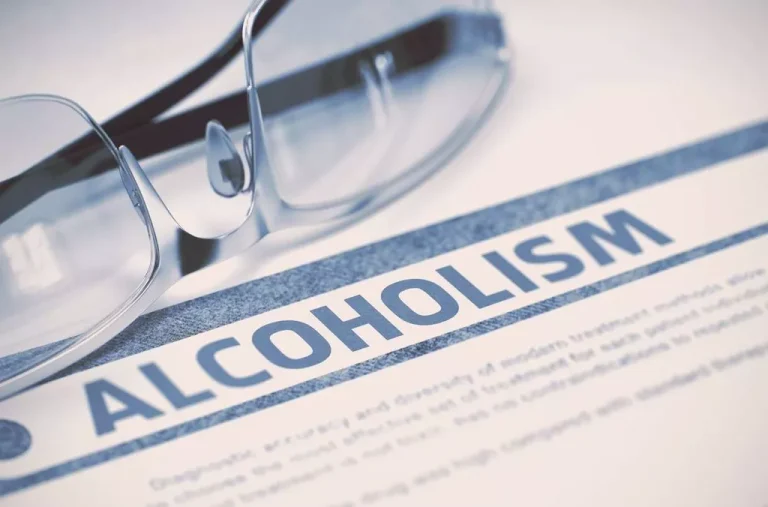
Department of Agriculture, moderate drinking is up to one drink per day for women and up to two drinks per day for men. Researchers have found that drinking tomato juice for three weeks had a blood-thinning effect in people with the disease. The juice reduced “platelet aggregation” — the blood’s ability to clot. The information on this site should not be used as a substitute for professional medical care or advice.

Is it safe?
Alcohol thins the blood by increasing the activity of clotting factors like factor VII, leading to a higher risk of blood clots. Always consult with a healthcare professional before making any changes to your alcohol consumption while on blood thinners. They can provide guidance based on your specific medical conditions and the type of blood thinner you are taking. Alcohol consumption can significantly affect blood coagulation, a process critical for preventing excessive bleeding and for healing wounds.

When should I see my healthcare provider?
They’re often prescribed to people at risk of having future blood clots, rather than to treat existing ones. These work by preventing or undoing coagulation, which is how your body starts to make clots. Different anticoagulants work at different parts of the coagulation process.
Understanding the Risks of Mixing Alcohol with Blood Thinners

Some alcohol use may still be permissible; however, consultation with a doctor is essential to determine the risks for specific situations. The blood-thinning effect of Lovenox is enhanced while using alcohol, increasing the risk of bleeding. You should check with your doctor before mixing Lovenox and alcohol. This can help them determine if something is causing an interaction that could lead to serious bleeding.
- These medications are intended to treat blood clots in people who have them or reduce the risk of them forming.
- Blood thinner medications prevent blood from sticking together (coagulation) which increases the amount of time it …
- You consent to receive SMS notifications and promotions from Addictionresource.
- It’s not recommended that you start drinking alcohol if you don’t normally.
- Although alcohol reduces blood clotting, it should never be used as a replacement for anticoagulants.
Blood clotting is essential to prevent blood loss when someone is injured or wounded. For example, if a blood clot forms and limits the flow of blood in the arteries, doctors call this thrombosis. If you consume large amounts of alcohol at one time or drink alcohol on a daily basis, be sure to discuss blood thinners and alcohol this with your doctor. Heavy alcohol use may increase the risk of a stomach ulcer or bleeding, and this can be worsened by an anticoagulant. Within the last few years, a new class of blood thinners was developed. They offer a number of benefits over warfarin, but they do have some disadvantages.
Health Categories to Explore
However, a major drawback of warfarin is that it needs careful dosing and regular lab testing to prevent complications. When the dosage isn’t precise enough, it can lead to severe bleeding. This is especially true thanks to the approval of several newer drugs, which you take by mouth, https://ecosoberhouse.com/ within the past 10 years. In the United States, more than 5 million individuals covered by Medicare Part D received a prescription for an anticoagulant medication in 2019. In addition, about one-third of all hospital patients receive some form of anticoagulant medication.
- For individuals on blood thinners, understanding the safe limits of alcohol consumption is crucial to avoid adverse health effects.
- Likewise, the USDA database reports that there is essentially no Vitamin K in liquid egg substitute like Egg Beaters.
- Researchers at University of California, Davis have found that dark chocolate has a similar effect.
Even a simple fall can give you a nasty bruise or could even cause internal bleeding. One of these servings of alcohol per day, with at least two days per week without alcohol consumption, may benefit heart health. However, there is no such thing as completely safe drinking, so if you have any concerns about heart health, it is better to avoid drinking. This is especially true for those who have a family history of heart disease or blood disorders, or who are on any kind of prescription medication, including blood thinners.
- This makes it hard to predict exactly what will happen, but it increases the risk of either bleeding or clot-related problems.
- You may need regular blood tests to check how well your blood is clotting.
- Even if you have a normally functioning liver and kidneys, alcohol can limit your liver’s ability to metabolize other compounds.
- Further, alcohol can affect how long it takes for your body to process blood thinners.
- Excessive alcohol consumption, especially binge drinking, can exacerbate these effects due to the synergistic impact it has when combined with anticoagulants.
For the most part, moderate alcohol consumption is safe for people while taking blood thinners as long as they have no major medical problems and are in overall good health. Alcohol may interfere with the action of certain medications, including blood thinners. Doctors recommend that people taking warfarin or drugs containing acetylsalicylic acid limit their intake of alcohol. Occasional, moderate alcohol use should be safe for most people who are taking blood thinners. It’s best to avoid mixing alcohol and blood thinners due to the risk of stomach irritation and increased bleeding.
© 2024 Harvard Health Publishing® of The President and Fellows of Harvard College

Our writers and reviewers are experienced professionals in medicine, addiction treatment, and healthcare. AddictionResource fact-checks all the information before publishing and uses only credible and trusted sources when citing any medical data. This integrated approach is crucial for addressing the dual challenges of liver disease and alcohol use disorder. Taking over-the-counter bismuth subsalicylate (Pepto Bismol and others) can also increase bleeding with blood thinners because it falls into the same medication category as aspirin.
- They reduce the risk of dangerous blood clots forming that can lead to serious health problems, such as stroke, deep vein thrombosis (DVT), and pulmonary embolism (PE).
- They also discussed studies that indicated higher levels of alcohol consumption have associations with an increased risk of stroke, atrial fibrillation, and heart failure.
- Taking too little of these medications might not be effective and taking too much can lead to serious bleeding.
- But limiting them in your diet and being consistent in the portions you do eat is important.

